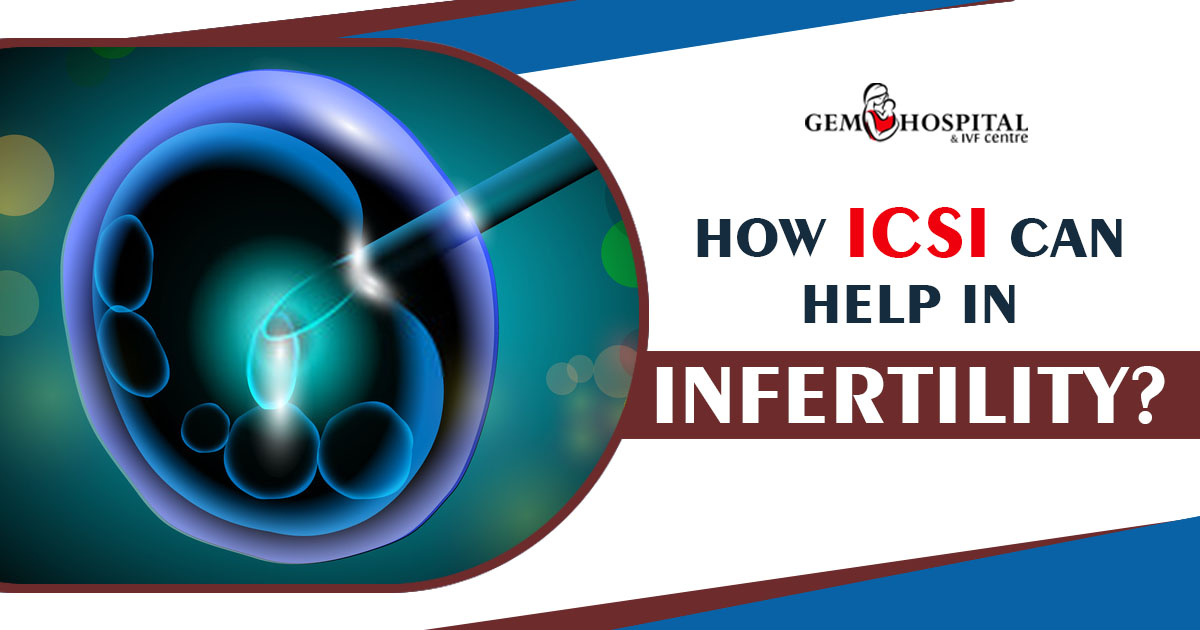Before the man’s sperm can fertilize the egg, the sperm head should get attached to the outside of the egg. Once attached, sperm goes to the inside of the egg and then fertilization happens. But in some cases, the sperm is not able to move from the outer layer due to various reasons. In that case, Intracytoplasmic sperm injection procedure is performed along with IVF (In-Vitro-Fertilization) to fertilize the egg. In this article, we are going to tell explain the procedure in detail.
How is the procedure performed?
In the procedure of ICSI, 5 steps are included like:
- The egg which gets matured in held in a specialized pipette.
- A very sharp, delicate, and hollow needle will be used to immobilize and pick a sperm.
- The needle will be inserted into the egg and into the egg cytoplasm.
- The sperm is inserted into the cytoplasm and the needle is removed carefully.
- Next day eggs are checked to see whether they are fertilized or not.
Once the ICSI is done and fertilization takes place, the embryo is transferred to the woman’s reproductive tract. After that 2-week wait is needed or pregnancy is watched. After 2 weeks, a blood test or ultrasound is done to determine pregnancy has occurred.
If you are planning to get the treatment or facing problems conceiving then you should visit the best IVF Center in Punjab.
Why I need ICSI?
This procedure can help to deal with fertility problems like:
- Sperm movement is not proper.
- Sperm is not able to get attached to the egg properly.
- The male partner has low sperm count to do the IUI (intrauterine insemination) or IVF.
- The blockage in the male reproductive tract is blocking the sperm to come out.
- Eggs are used which are in vitro matured.
- Earlier frozen eggs are used.
- Eggs are not able to fertilize irrespective of their condition.
Success Rate
The success rate of this procedure is concluded by the fertilization rate in the IVF lab which is around 80 to 85 percent. In the case of male infertility, the ICSI procedure will have a fertilization rate of around 70 to 80 percent fertilization rate. In this case, the egg is injected which is the same as that of fertilization with healthy sperm.
ICSI Risks
This procedure will increase the IVF success but the procedure is not perfect. Some of the common problem risk factors are:
- Embryo get damaged
The fertilization rate with this procedure is around 50 to 80 percent. However, all the fertilized eggs will not develop into embryos. During the procedure, some of the eggs can get damaged.
- Chances of multiple pregnancies
The procedure is part of IVF so chances of multiple pregnancy increase. Chances if twins are around 30 to 35 percent and triplets chances are 10 percent.
- Some other Risk Factors
– Gestational diabetes
– High blood pressure
– Bed rest
– Low amniotic fluid levels
– Cesarean section or premature labor
Want to know about the procedure in detail then consult the fertility doctor as early as possible.



